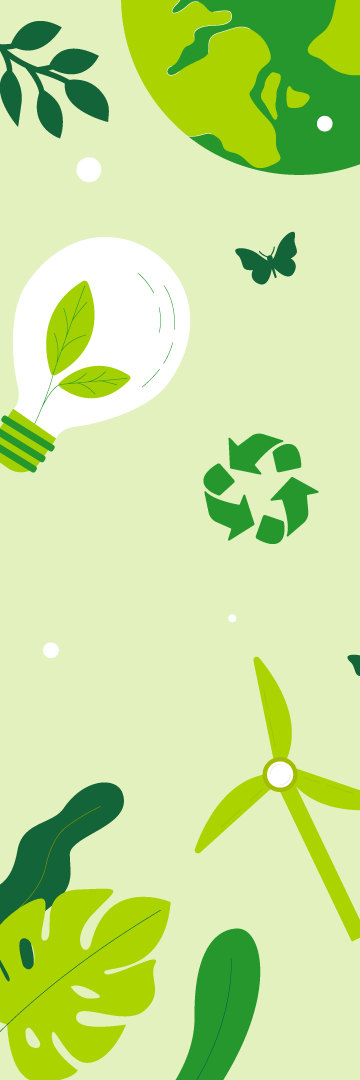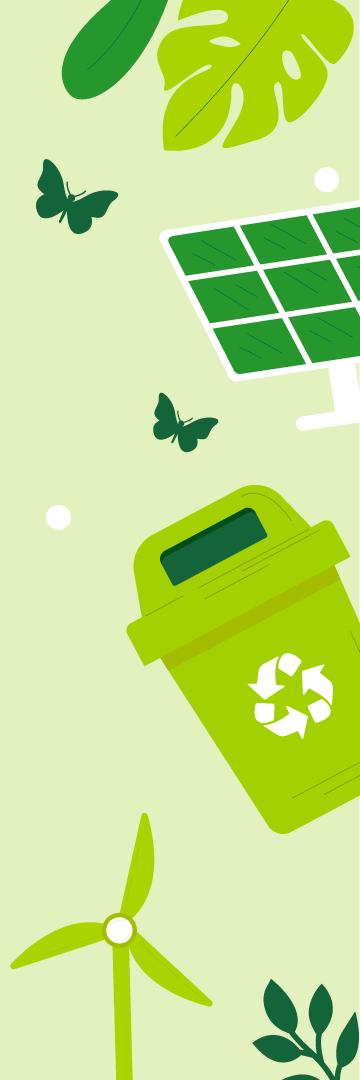Lindström: Textile services that shape sustainable future today
(Photo: Lindstrom)

One of those solutions comes from Lindström which has been helping business systems grow sustainably for decades, through its textile services based on the principles of the circular economy. With over 175 years of experience and presence in 24 countries, this family-owned Finnish company shows how the circular economy can work in practice – and that every day, by fulfilling the textile needs of its clients through sustainable services.
Lindström d.o.o. has been present in Serbia for more than 10 years, with clearly defined mission: to make life easier for clients through simple, adaptable and ecologically responsible solutions. The focus is on the services of renting work clothes and floor mats. Behind those simple concepts a thoughtful and sustainable system of business that saves resources, time and money is hidden.
Mat service: Less waste, more value
Even a seemingly simple product like a doormat can have a big impact on the environment if managed properly. Lindström`s rental service of standard, designed and ergonomic mats and doormats includes everything: from analysis of needs, design, delivery and washing, to end-of-life repairs and recycling.
This service is also an excellent example of circular economy in practice. Each mat is designed to last, it is produced using recycled and ecological materials, regularly maintained and - at the end of its working life - enters the recycling system. Thanks to partnerships with specialized recycling centers, as much as 69% of mats that went out of use in 2024 became new products, from flooring tiles to acoustic panels. At the same time, as many as 75% of new mats purchased in 2024 are made from recycled or bio-based materials. Besides the life cycle, sustainability is also reflected in logistics - Lindström uses local service centers and transport partners in order to reduce CO₂ emissions in this area as well.
The "crown jewel" of the mat services are the designer mats, which combine functionality, aesthetics and ecological responsibility. An increasing number of companies use these mats, not only for hygiene and safety reasons, but also as a branding and internal communication tool – with QR codes, ecological messages or visual signs to guide people in the business space.
(Photo: Lindstrom)

Workwear service: Customizable sustainability
Lindström`s workwear rental model is also based on a full service: from custom tailoring and individual labeling, to washing, repairs and the logistics of delivering work clothes directly to every employee`s locker.
But what makes this model particularly sustainable is the way the clothes are produced. At the Prodem factory in Hungary, Lindström produces workwear on demand, with an average order size in 2024 of only 4.6 pieces. Such flexibility eliminates overproduction and waste and contributes to inventory reduction. The factory uses 100% green electricity, solar panels and smart heating systems which reduce emissions and energy consumption. In 2023 alone, the carbon footprint was reduced by 29 tons of CO₂.
Logistics is also optimized - routes are planned so that the vehicles are fully occupied, and transport distances minimal. The result is lower fuel consumption, lower operating costs and a lower carbon footprint.
An additional plus and opportunity for digital transformation in many companies is the possibility of monitoring this service digitally. via the eLindström portal. Each piece of clothing has a label that allows insight into the history of washing, repairs and deliveries, thus achieving full control and transparency of the service for users.
(Photo: Krisse Hemminki/ Fotonokka)

Responsibility through results
By 2030, the company`s goal is a 50% reduction in emissions in the entire value chain, and by 2050, the achievement of net-zero emissions. These targets are verified by the Science Based Targets initiative. Although these years seem distant, everything is already being worked on a lot, and you can read more about it in the Sustainability Report 2024.
(Photo: Krisse Hemminki/ Fotonokka)

One of the confirmations of the right path and good work is the recognition that arrived at the end of 2024:
Lindström is among the 1% (out of over 130,000) companies which have been awarded EcoVadis` highest, platinum sustainability medal, with exceptional marks in the areas of environmental protection, labor and human rights, ethics and sustainable procurement. It is not only a recognition, but also a voluntary obligation: continuous improvement, employee education, developing supply chains and assisting clients to do business themselves more responsibly. Lindström expects the same standards from his suppliers where he regularly conducts audits. Thus, sustainability is transmitted from the very beginning to the end of the chain, all the way to the end user.
Because sustainability is not something that only happens within a company, but a value that we all transfer and share with partners. And when the service you use every day - whether it`s a doormat at the entrance, or an employee`s uniform - contributes to a higher and greater goal, then sustainability becomes part of your and our everyday life.
That`s why sustainability at Lindström is not just a strategic goal either. She is a daily operating model. Whether you need waste-free workwear, or doormats and floormats that last longer than you would expect, Lindström has a solution.
Want to do business more sustainably, but without complications? Visit us at www.lindstromgroup.com/rs and find out how to get involved in the circular economy.
(Photo: Lindström)


Click here to see the entire Special Edition Newsletter
"ECONOMICALLY ECOLOGICAL - Green is the new black"
Back to newsletter






























